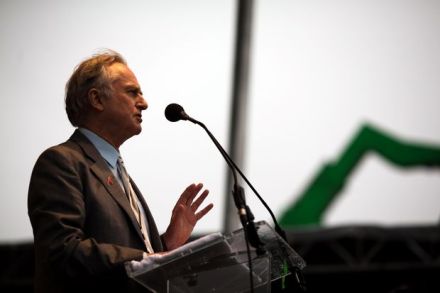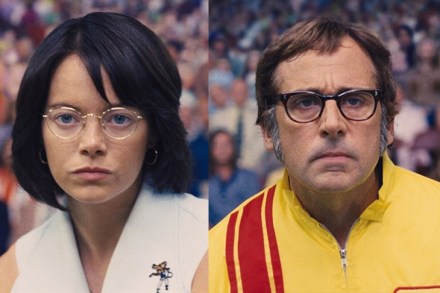… while Rome freezes
More from BooksWhy did the Roman Empire collapse? It’s a question that’s been puzzling writers ever since Edward Gibbon wrote The History of the Decline and Fall of the Roman Empire in the late 18th century. One classicist — a German, inevitably — bothered to count up all the various hypotheses for the fall, and came up






























